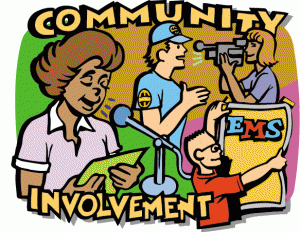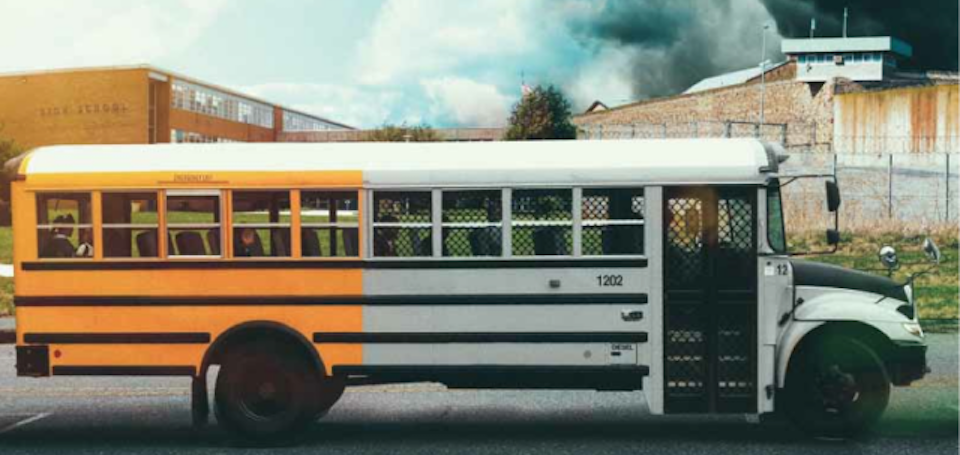When I first started my research I found that students are suspended from school very frequently. There are a lot of cases where students were given criminal records at school for minor things such as conducting an innocent school project. 20 It amazes me that there are policies in place that prefer to put students out of school and through the juvenile system rather than try to talk to students. Security officers are place in schools and students may not be able to explain why they are acting out in school. Why should security officers needed in schools? What message do they send to students? How can we ensure that students are being listened to instead of hyper-criminalized?
Although I was disappointed with the school system when reading these cases, reading about the different grassroots organizations gave me hope for change in schools. I learned that there is a lot of youth participation in grassroots organizing. It was especially inspiring to read about the Philadelphia Student Union and how they have been able to work with city officials to create policy change.3 It was also inspiring to see that students who were affected by the school-to-prison pipeline are speaking to others about their experiences.8 These organizations allow students to share their experience and to be exposed to the struggle of creating change in this country. Although it has been difficult, many organizations have had successes in their communities. It is amazing to read about how passionate the students feel about these education issues and I hope that their communities continue to help youth leaders grow.
My research also showed that restorative practices are gaining more supporters. I am a believer of restorative practices and it was encouraging to see that grassroots organizations are advocating for them, researchers are studying their effects, and school districts are starting to implement them. It is also great that the Department of Education is pushing for alternatives for the zero tolerance policies. This gives me hope that more and more schools will start to use restorative practices to help their students. However, my research also showed me that the school culture must change in order for the restorative practices to be beneficial for students. I was able to recognize that although restorative practices seem like an easy solution to the school-to-prison pipeline, there are also other factors that contribute to the issue or the effect that the restorative practices can have on students. What may seem like a simple solution is complicated by the fact that teacher and administrator philosophies must change. Instead of the quick solution of sending a student to one of the security officers, the teachers must learn how to control their classroom and deal with students when they act out. Even though this may seem like a hassle and like one more extra thing that the teachers have to implement in their classroom, I believe that it is very beneficial for any person to learn how to deal with these situations. Conflict mediation is such an important skill that people need and it would help teachers both inside and outside the classroom. I hope that schools like those in the Newark Public School District will allow other schools to realize the importance of including restorative practices and providing training to help transform the school culture.
Overall, this research gave me a better understanding of urban education and the importance of community. Community is a big component of urban education because it is important to understand the differences in the students. Also, communities can come together to create change they believe is necessary in their schools. I learned that change can be very difficult in education and that many issues are tied together. For example testing and teacher-student relationships both contribute to the school-to-prison pipeline. An increased focus on testing allows teachers to become fed up with students when they are misbehaving and slowing down the learning for the entire class. Also, teachers may have preconceived ideas of what certain students are like and this can make it easy for them to point out negative behavior in those students. However, teacher training can help with the understanding of differences and the creation of a more positive school culture. Although it is problematic that there are schools that continue to use zero tolerance policies and students are being pushed into the juvenile justice system, there is hope for change because many communities are taking the matter into their own hands and working toward a change in these unfair policies.

29
